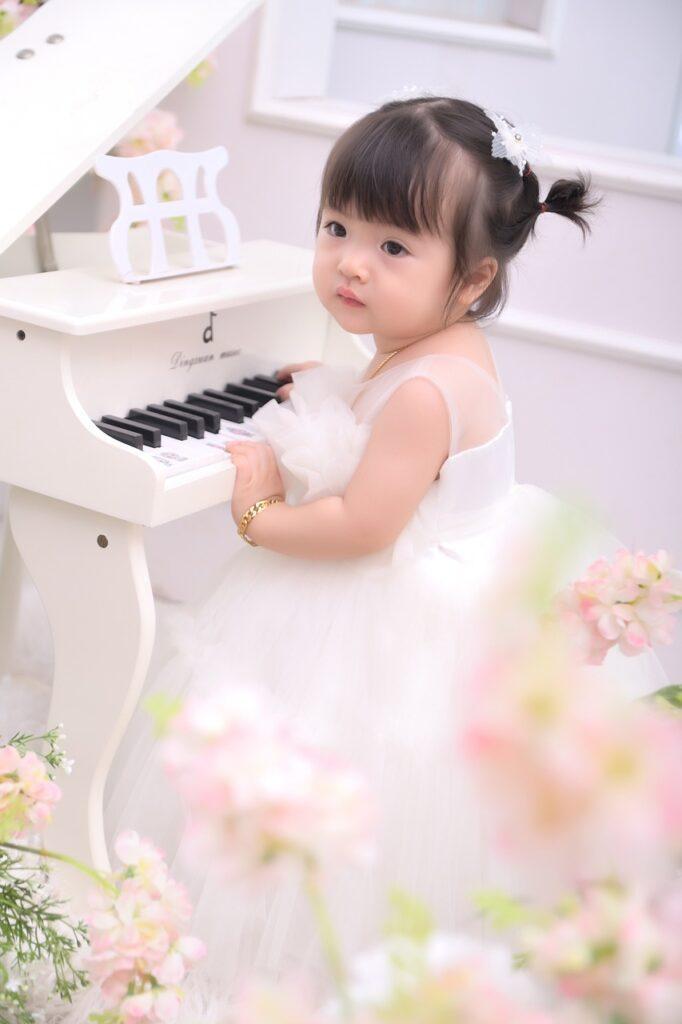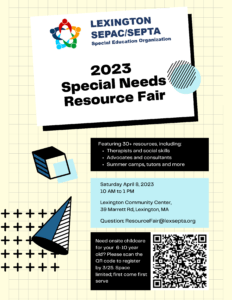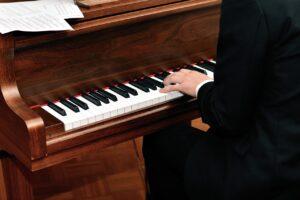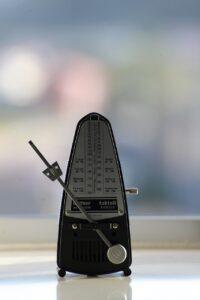Estimated reading time 2 minutes
Table of Contents
Introduction
As you may already know, Geoff (pronounced Jeff) from Success Music Studio is an expert in multisensory teaching, teaching piano to children as young as four-years-old. However, he has recently expanded to teaching three-year-olds a pre-instrumental music program that ultimately leads into piano lessons. Keep reading Best Music Program for Three-Year-Olds to learn more.
For information on the science behind color coded music:
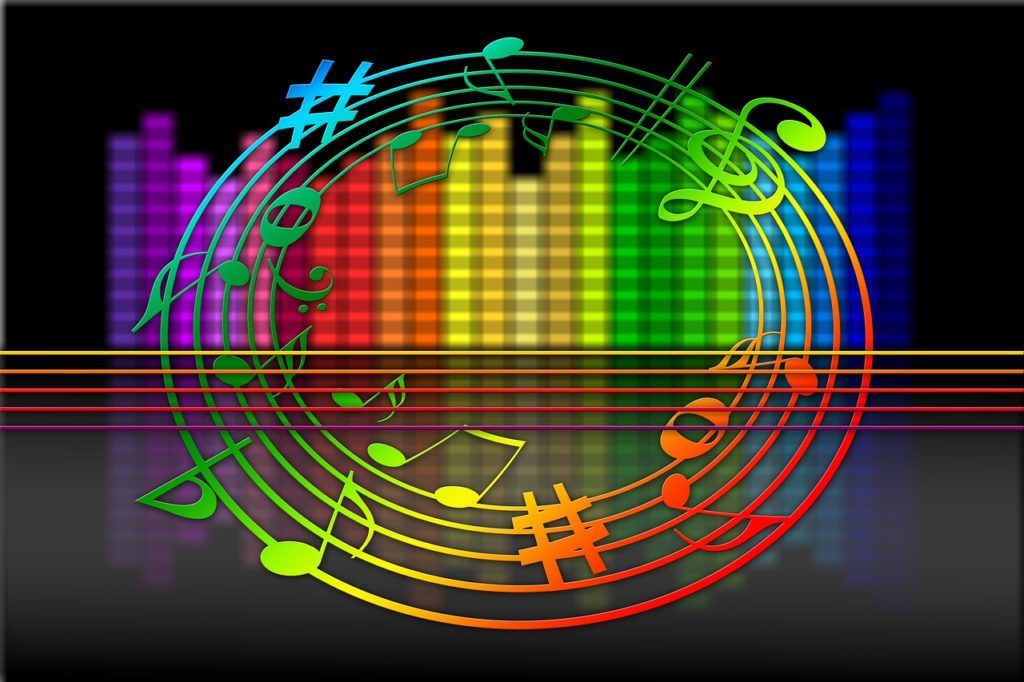
Best Music Program for Three-Year-Olds: The Need Is Out There for This Music Program
The music program:
- Lately, Geoff has been getting a number of lesson inquiries from parents of three-year-olds as well as the parents of developmentally delayed children who aren’t ready for lessons
- The pre-instrument music program is different from traditional music lessons, incorporating lots of games and singing that are fun while still supporting music learning.
- While some of the activities are just for fun, others work on skills that will be necessary for learning piano and keyboard.
- In addition, the program has a looser structure than music lessons, making it developmentally appropriate for three-year-olds.
- For this age group, the lessons should be in-person (at 12 Linden Rd, Sudbury, MA) instead of online.
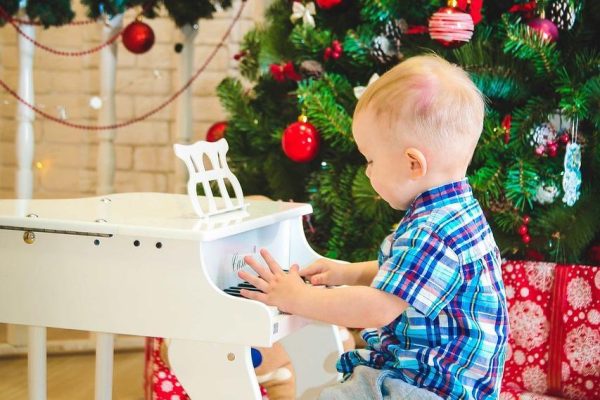
Best Music Program for Three-Year-Olds: Is My Child Ready?
Not every three-year-old will be ready for the pre-instrumental music program.
Here are some signs that your child might be ready:
- Can your child communicate well enough to understand, respond to, and follow directions?
- For example, can he follow simple directions, such as, “Place your hands here?”
- Can he count to four?
- Can he identify and name the primary and secondary colors?
- Does he know the names of his fingers? Does he know the song Where Is Thumbkin?
- Can he tell his right hand from his left hand?
- Can he sit and pay attention for five minutes at a time?
Children don’t necessarily need all these skills to start lessons. However, the more skills from the list they have, the more ready they are to start music lessons.
Final Thoughts on “Best Music Lessons for Three-Year-Olds"
Get the process started:
- If you think your three-year-old child is ready for the pre-instrumental music program, contact Geoff to start the process.
- Success Music Studio has a Two-Free-Lessons promo so you can come in and see for yourself how the lessons work – risk free.
- Also, Success Music Studio has an additional limited time offer promo.
Try the free lessons so you can find out firsthand how fun music can be for three-year-olds.
Related Posts
- Benefits Beyond the Music
- What is Multisensory Teaching in Music?
- Adapted Music Lessons Versus Music Therapy
© 2024 Geoffrey Keith
Join me for in-person or online lessons today!
Back to the News, Updates, and Milestones category blogs page
Geoff will Have a Table at the 2023 Special Needs Resource Fair
I‘ll have a table at LexSEPTA’s 2023 Special Needs Resource Fair this Saturday. I will have my Perception Presentation with me, which shows what it’s like to have a learning disability, such as dyslexia or language-based learning disability. See you there!
Read MoreHelp Me! How Do I Improve My Touch on Piano? Part 4
Do you want to be better at piano touch? Do you need help learning how to interpret a piece of music? The term piano touch covers the different ways you strike the key to get certain effects. Carl Seashore, in Piano Touch, states, “The pianist has at his direct control only two of four factors in music: namely intensity and time” (360). Read more to answer the question, “How do I improve my touch on piano?” Estimated reading time 2 minutes.
Read MoreWhat Exactly Is a Chord and What Does the Term Harmony Mean?
Are you unclear about what harmony is? Do you want to know how it works? Harmony is a major subcategory of music theory that helps musicians to understand how notes should go together. This in turn impacts how they arrange their music. Keep reading “What Exactly Is a Chord and What Does the Term Harmony Mean?” to learn how it works. Estimated reading time 2 minutes.
Read MoreBPM (Using the Metronome to Get the Music Beat)
Do you want to know the purpose of a metronome and how to read it? A metronome helps you find the tempo of a song in beats per minute (bpm). Also, it helps you practice by clicking at a (user adjustable) speed. So, that way you can play along with (for example) the tempo moderato on the metronome. Keep reading “BPM (Using the Metronome to Get the Music Beat)” to learn the various ways it can help. Estimated reading time 3 minutes.
Read More
